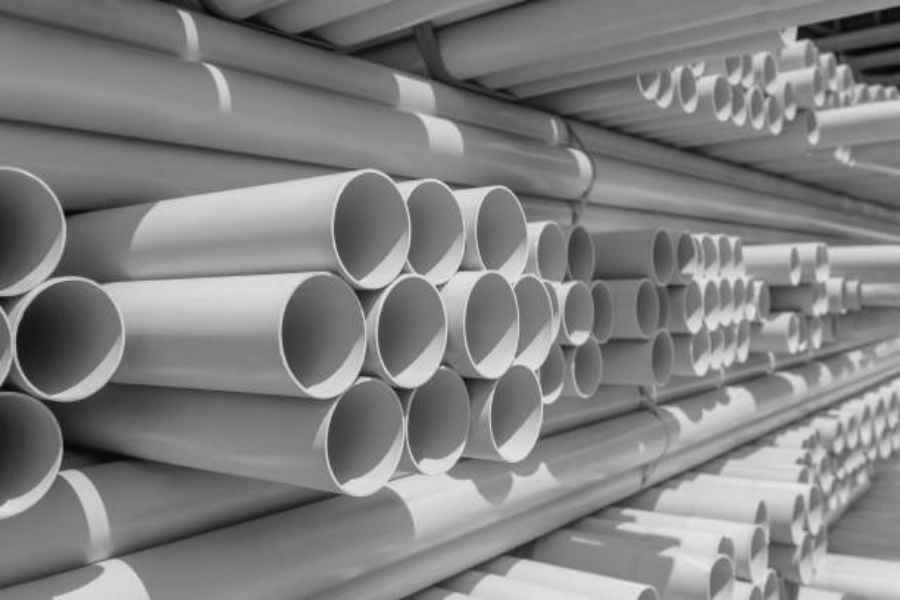Introduction
Drainage systems play a crucial role in maintaining the integrity of any property, be it residential or commercial. A key component of an efficient drainage system is the PVC pipe. PVC pipes are renowned for their durability, affordability, and versatility, making them an ideal choice for drainage applications. In this article, we will explore the best PVC pipes for drainage, considering various factors that contribute to their effectiveness.
1. Strength and Durability
One of the primary factors to consider when selecting the best PVC pipe for drainage is its strength and durability. PVC pipes are known for their exceptional strength, allowing them to withstand high-pressure environments without any issues. Look for PVC pipes that are specifically designed for drainage purposes and have a high PSI (pounds per square inch) rating, indicating their ability to handle heavy loads and resist cracking or breaking.
2. Size and Diameter
The size and diameter of the PVC pipe are crucial considerations when it comes to drainage systems. The pipe's diameter determines the volume of water it can handle, and choosing the appropriate size ensures efficient drainage. The best PVC pipe for drainage should have a diameter that meets the requirements of your specific project. It is important to consult with a professional or refer to local building codes to determine the optimal size for your drainage needs.
3. Corrosion Resistance
Drainage systems often deal with water that contains various chemicals and corrosive substances. Therefore, it is essential to choose PVC pipes that offer excellent corrosion resistance. PVC pipes are inherently resistant to corrosion, making them an excellent choice for drainage applications. However, it is advisable to select pipes that have additional protective coatings or are made from high-quality materials to ensure long-term durability in corrosive environments.
4. Smooth Interior
Efficient drainage requires pipes with a smooth interior surface that allows water to flow freely. PVC pipes with a smooth interior surface minimize friction and prevent clogs or blockages caused by debris buildup. When selecting the best PVC pipe for drainage, ensure that it has a smooth inner surface, as this will contribute to the overall efficiency and longevity of the drainage system.
5. UV Resistance
In certain drainage applications, PVC pipes may be exposed to direct sunlight or UV radiation. Prolonged exposure to UV rays can degrade the pipe's material and reduce its lifespan. Therefore, it is important to choose PVC pipes that are UV-resistant. UV-resistant PVC pipes are specially formulated to withstand the damaging effects of sunlight, ensuring their durability and longevity even in outdoor drainage systems.
6. Cost-effectiveness
Another crucial factor to consider when selecting the best PVC pipe for drainage is cost-effectiveness. PVC pipes are widely known for their affordability, making them a popular choice for drainage systems. However, it is important to strike a balance between cost and quality. Opting for the cheapest PVC pipes may compromise their durability and performance. Consider the long-term benefits and invest in high-quality PVC pipes that offer the best value for your money.
7. Ease of Installation
The ease of installation is an important aspect to consider, especially for DIY enthusiasts or contractors working on drainage projects. PVC pipes are lightweight and easy to handle, making them convenient to install. Look for PVC pipes that come with user-friendly features such as pre-cut lengths, snap-on connectors, or clear markings, as these can significantly simplify the installation process and save both time and effort.
8. Compatibility with Fittings
Drainage systems often require the use of various fittings, connectors, and accessories to ensure proper functionality. When selecting PVC pipes for drainage, it is crucial to consider their compatibility with these fittings. Ensure that the pipes you choose are compatible with a wide range of fittings, allowing for easy assembly and a leak-free drainage system.
9. Noise Reduction
In some cases, drainage systems can generate noise that may be undesirable, especially in residential settings. PVC pipes have the advantage of being quieter compared to other materials, such as metal or concrete. The material's natural sound-dampening properties help reduce noise transmission, providing a quieter drainage system. Consider PVC pipes with additional insulation or soundproofing features for enhanced noise reduction, especially if the drainage system is located near living spaces.
10. Environmental Considerations
Lastly, environmental considerations should not be overlooked when choosing the best PVC pipe for drainage. PVC pipes are known for their eco-friendly characteristics. They are recyclable and have a low carbon footprint compared to other materials. Additionally, PVC pipes do not release toxic substances into the soil or water, ensuring the safety of the surrounding environment. Choosing PVC pipes for drainage aligns with sustainable practices, making them an excellent choice for environmentally conscious individuals and organizations.

